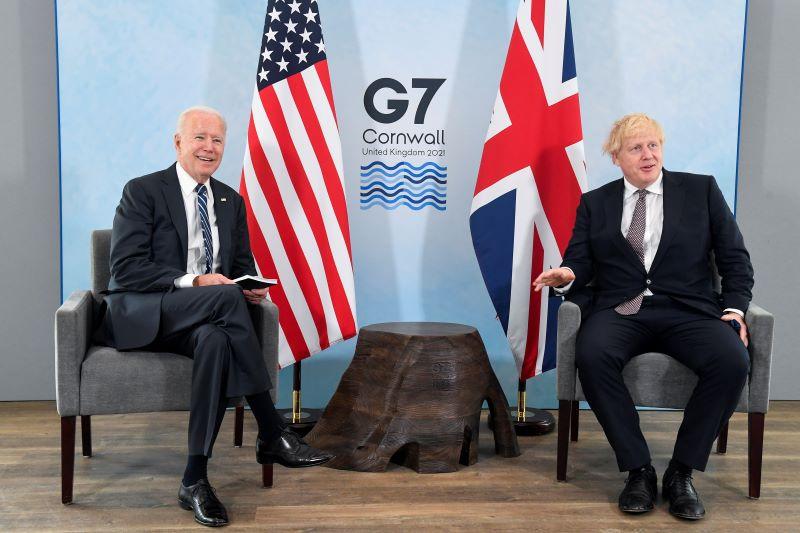
Credit: Toby Melville/WPA pool/Getty Images
IATA chief Willie Walsh sharply criticized the UK prime minister and the U.S. president after hopes that they would announce a reopening of air travel between their countries this week failed to materialize. On June 10, UK Prime Minister Boris Johnson and U.S. President Joe Biden met ahead of the G7...
Subscription Required
This content requires a subscription to one of the Aviation Week Intelligence Network (AWIN) bundles.
Schedule a demo today to find out how you can access this content and similar content related to your area of the global aviation industry.
Already an AWIN subscriber? Login
Did you know? Aviation Week has won top honors multiple times in the Jesse H. Neal National Business Journalism Awards, the business-to-business media equivalent of the Pulitzer Prizes.

